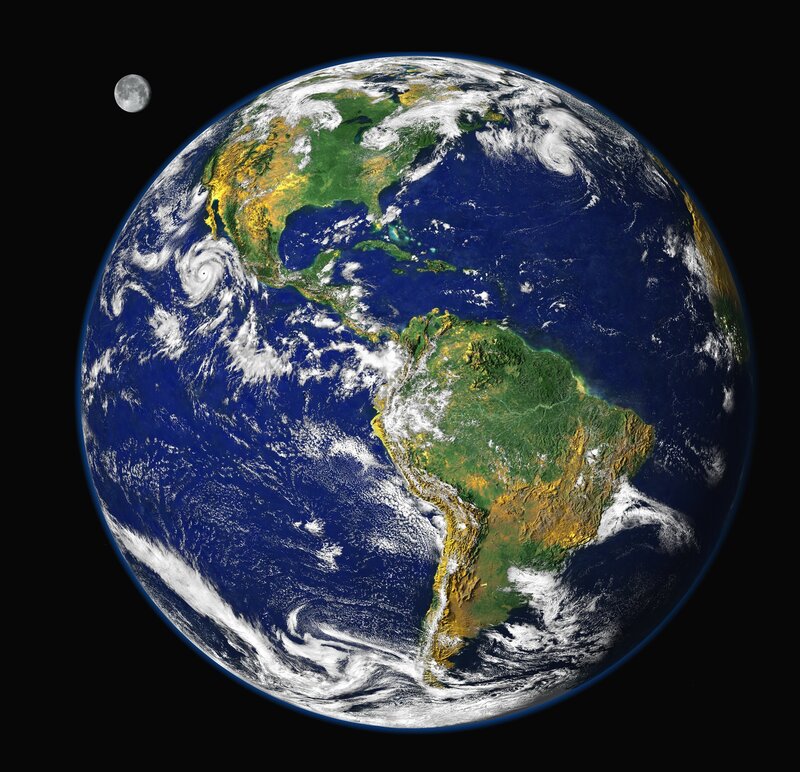Want to discover a fun, healthy and social activity which helps save the plant AND in some cases can cure depression? It may surprise you to discover that this can all be achieved through the art of composting.

In case you didn’t know, composting is the process of breaking down organic material to create an end product which can be applied to gardens and vegetable patches. It is an essential part of cycling nutrients to ensure plant matter ends back up in the soil, where it is needed. However, somehow composting has got a bad rap of being smelly, unhygienic and something that should be left to those living on a farm. The exciting news is that composting does not have to be any of those things.
Firstly, let’s look at the profound effects that saving your food scraps from going to a landfill can have on our planet.
As we all know, humanity is currently faced with the greatest crisis of our existence: Climate change. Every year global temperatures surpass new records as greenhouse gasses continue to fill our atmosphere. These high temperatures are destroying ecosystems, causing havoc to our oceans, threatening global food production, increasing the frequency of extreme weather events, and will create millions of refugees. The scary part is things are only to get much, much worse before we start to see any signs of our planet recovering.
The knee jerk (and very valid) reaction to slow down global warming is to reduce our use of fossil fuels. The act of burning these fuels releases greenhouse gases (such as CO2) into the atmosphere. Greenhouse gases absorb the sun’s radiation, creating a blanket around Earth which traps the heat in. There is no question about how we can personally reduce our use of fossil fuels, but it seems society lacks information around additional ways we can help. This is where composting comes in.
In many cities in New Zealand, households have green bins which are especially for organic waste. However, this is not always composted and in some cases ends up in the landfill. In fact, every year in New Zealand, millions of tonnes of food waste is sent to landfills. This ends up rotting in anaerobic conditions (in the absence of oxygen). Under these conditions, methane (CH4) is released.
Methane, although it does not last as long as CO2 once in the atmosphere, is 26 times better at absorbing heat. It’s pretty easy to understand why any way of reducing CH4 is productive. The good news is that when organic waste is broken down in the aerobic conditions, methane-producing microbes are not present! Some may argue that some landfills capture the methane onsite and use it to generate electricity, so technically there’s nothing wrong with sending food waste to landfills. However, when looking at the big picture, food waste is FAR more valuable when it is broken down and put back into the soil. Even managers of landfills will tell you that you will be doing more harm than good when you put your food scraps in the red bin.
With the right guidance, anyone can create a healthy compost set-up in their own home which ensures the waste is handled in the best way possible for the environment. If you don’t generate enough food waste to do this or you don’t want to commit to learning how to compost just yet, you can contribute your food scraps to a community compost system instead. All of the information about how to do this can be found on the website: makesoil.org. Even if you haven’t been convinced by my writing, just visit the site. Trust me, you will learn something worth knowing.
As mentioned earlier, recycling food waste into the soil through composting not only helps the planet, it can also improve mental health. Depression is sometimes brought on by feelings of loneliness. Soil is a living thing and by touching it and watching nature work its magic (turning waste into rich, nutrient-dense soil), we help our body to realise we are not alone in the world. Not only that, but a general increase in sense of well-being will emerge by reconnecting with the environment in this way.
If you bike to school or work instead of driving, good on you. However, never become complacent about educating yourself on more ways to combat climate change. Next time you see an apple core, don’t view it as rubbish. Instead, see the potential it holds and the CH4 that could be released if it wasn’t handled correctly. All it needs is a helping hand.
If not now, when? If not you, who?


So interesting, thanks for sharing
LikeLiked by 1 person